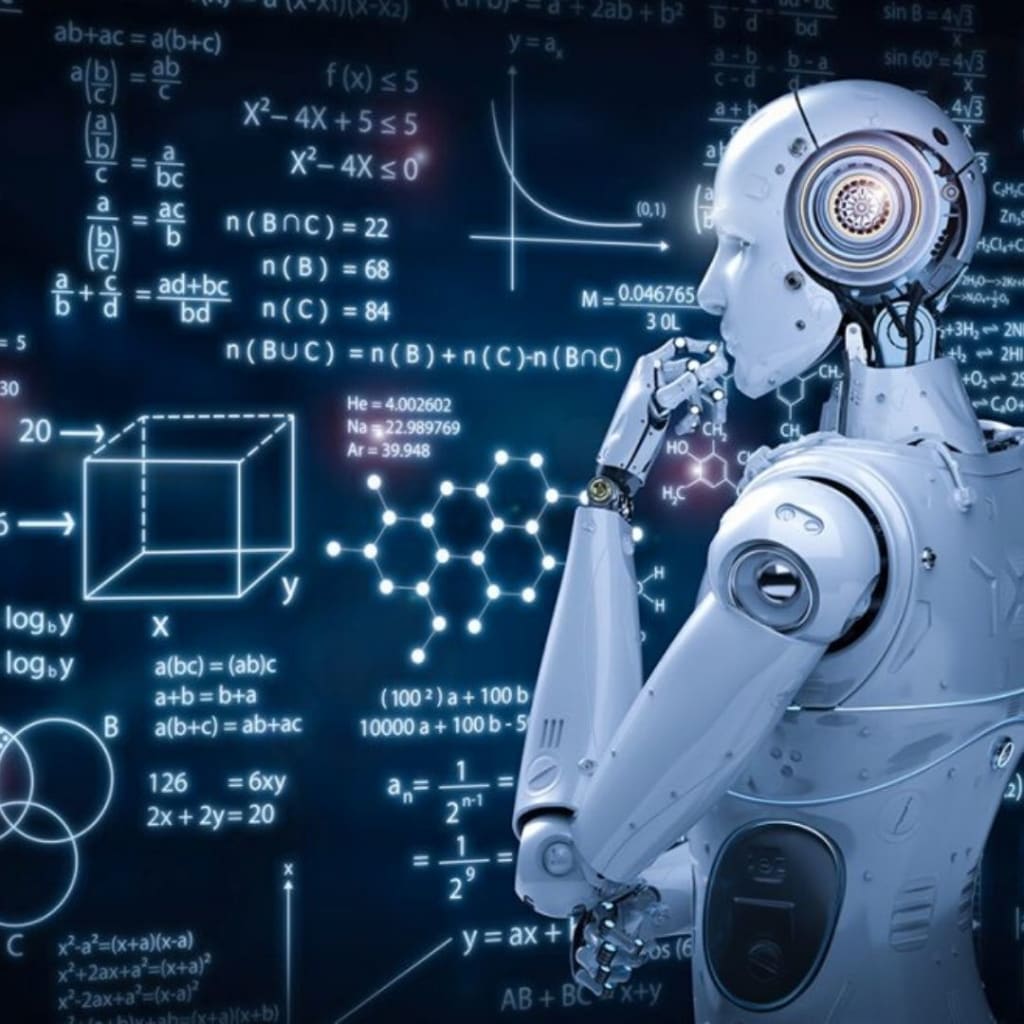Artificial Intelligence in Everyday Life
Transforming the World Around Us

Introduction
Artificial intelligence (AI) has rapidly emerged as a transformative force, revolutionizing various aspects of our everyday lives. From voice assistants and recommendation systems to autonomous vehicles and medical diagnostics, AI has seamlessly integrated into our society, offering unprecedented convenience, efficiency, and innovation. This article explores the pervasive presence of AI in our daily routines, highlighting its diverse applications and potential impact on society.
Smart Assistants and Voice Recognition
One of the most visible forms of AI in everyday life is the rise of smart assistants like Siri, Alexa, and Google Assistant. These voice-activated virtual helpers have become indispensable, allowing us to perform tasks, answer questions, control smart devices, and even engage in conversations. Powered by natural language processing (NLP) and machine learning algorithms, these assistants continually evolve to better understand and respond to human commands, enhancing user experience and simplifying our interactions with technology.
Personalized Recommendations
AI-powered recommendation systems have become integral to our online experiences. Platforms like Netflix, Spotify, and Amazon employ sophisticated algorithms to analyze our preferences, browsing history, and demographic data to deliver tailored suggestions. These systems leverage machine learning techniques to predict and anticipate our preferences, helping us discover new content, products, and services that align with our tastes. As a result, our entertainment, shopping, and content consumption experiences have become more personalized and enjoyable.
Autonomous Vehicles
The proliferation of autonomous vehicles represents a significant advancement in AI technology. Self-driving cars utilize AI to navigate roads, interpret traffic signals, and avoid collisions. With the potential to enhance road safety, reduce traffic congestion, and increase accessibility, autonomous vehicles have the capacity to transform our transportation systems. Additionally, AI is also being deployed in other transportation sectors, such as drones for delivery services and smart traffic management systems.
Healthcare and Diagnostics
AI has made substantial inroads in the field of healthcare, revolutionizing diagnostics, treatment planning, and patient care. Machine learning algorithms can analyze vast amounts of medical data, such as patient records, imaging scans, and genetic profiles, to assist doctors in making accurate diagnoses and recommending effective treatments. AI also enables the development of precision medicine, where therapies are tailored to an individual's unique genetic makeup. Moreover, wearable devices and AI-powered monitoring systems have the potential to track health indicators, provide early warning signs, and offer real-time feedback, empowering individuals to take proactive steps towards better health.
Virtual Assistants and Chatbots
In addition to smart assistants, AI-driven virtual assistants and chatbots are increasingly being employed across various industries. From customer support to sales assistance, these intelligent bots can interact with users, provide information, answer queries, and facilitate transactions. AI-powered chatbots have the advantage of being available 24/7, ensuring prompt and efficient customer service while reducing human resource costs for businesses. They are capable of handling routine tasks, freeing up human agents to focus on complex and high-value interactions.
Smart Homes and Internet of Things (IoT)
The integration of AI with the Internet of Things (IoT) has given rise to smart homes, where everyday devices are interconnected and controlled through AI systems. AI-powered home assistants can manage lighting, heating, security, and entertainment systems, making our living spaces more comfortable, secure, and energy-efficient. These systems learn from our preferences and adapt to our routines, offering personalized and automated experiences.
Financial Services
AI has brought transformative changes to the financial services industry. Automated trading systems employ machine learning algorithms to analyze market data and execute trades with unparalleled speed and precision. AI-powered chatbots and virtual assistants help customers with financial queries, account management, and investment recommendations. Moreover, fraud detection systems powered by AI can identify suspicious patterns and protect against fraudulent activities, enhancing security in online transactions.
Conclusion
Artificial intelligence has permeated nearly every aspect of our daily lives, revolutionizing the way we interact with technology and transforming various industries. From smart assistants and personalized recommendations to autonomous vehicles and advanced healthcare diagnostics, AI has enhanced convenience, efficiency, and innovation. While there are ethical and societal considerations surrounding AI, its continued development holds the potential to address pressing challenges and shape a better future. As AI continues to evolve, we can expect even greater integration and advancements, fundamentally reshaping our everyday experiences.





Comments (1)
Lovely❤️